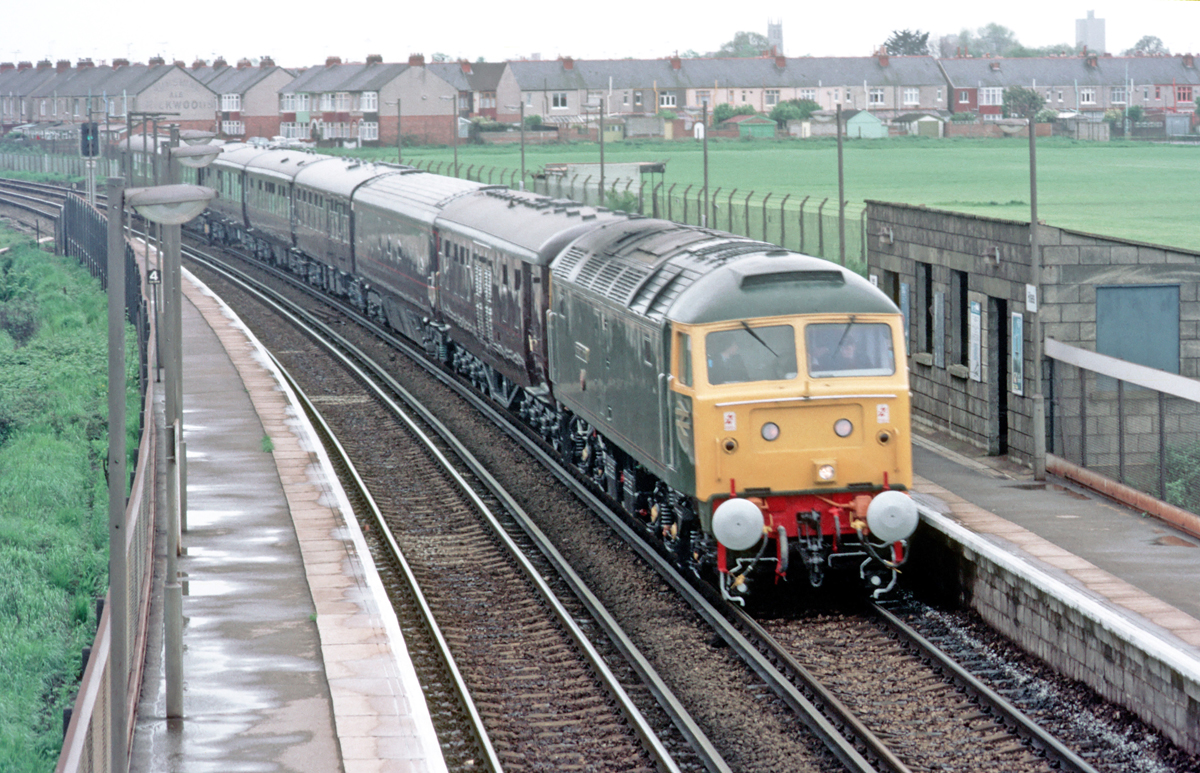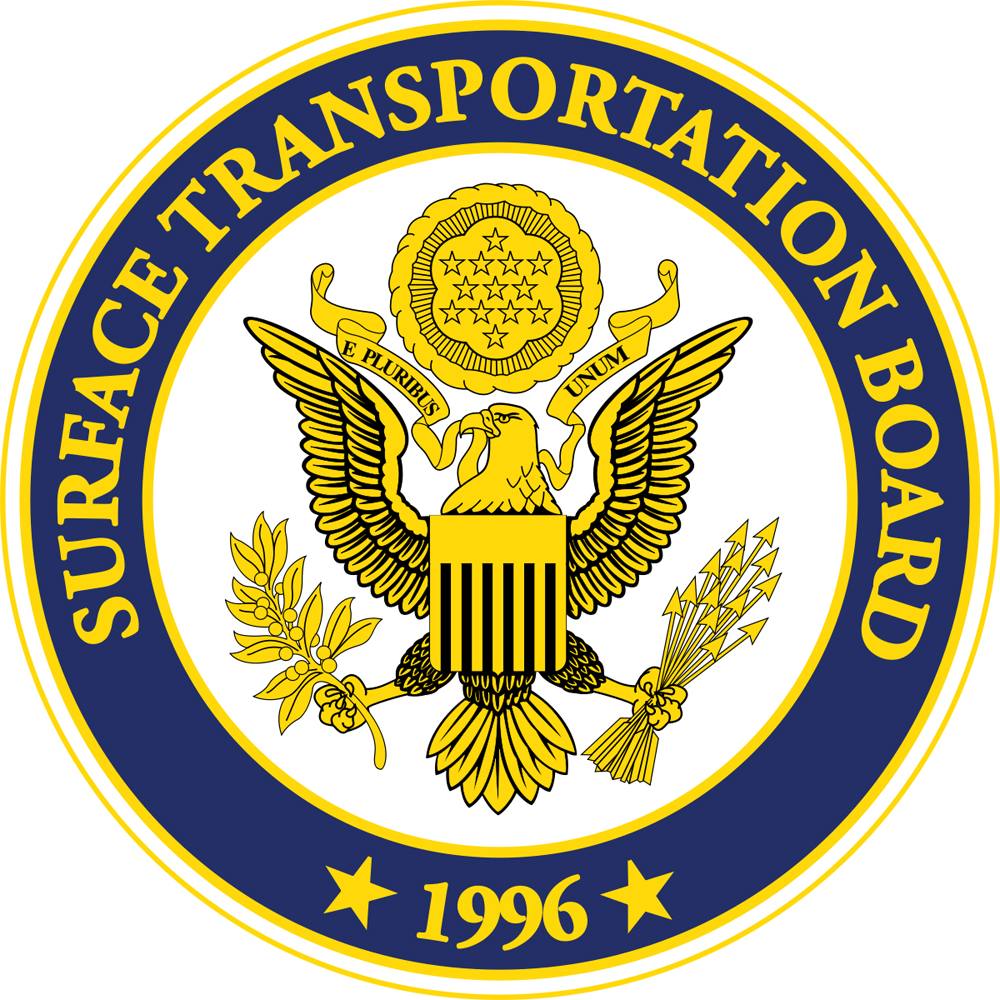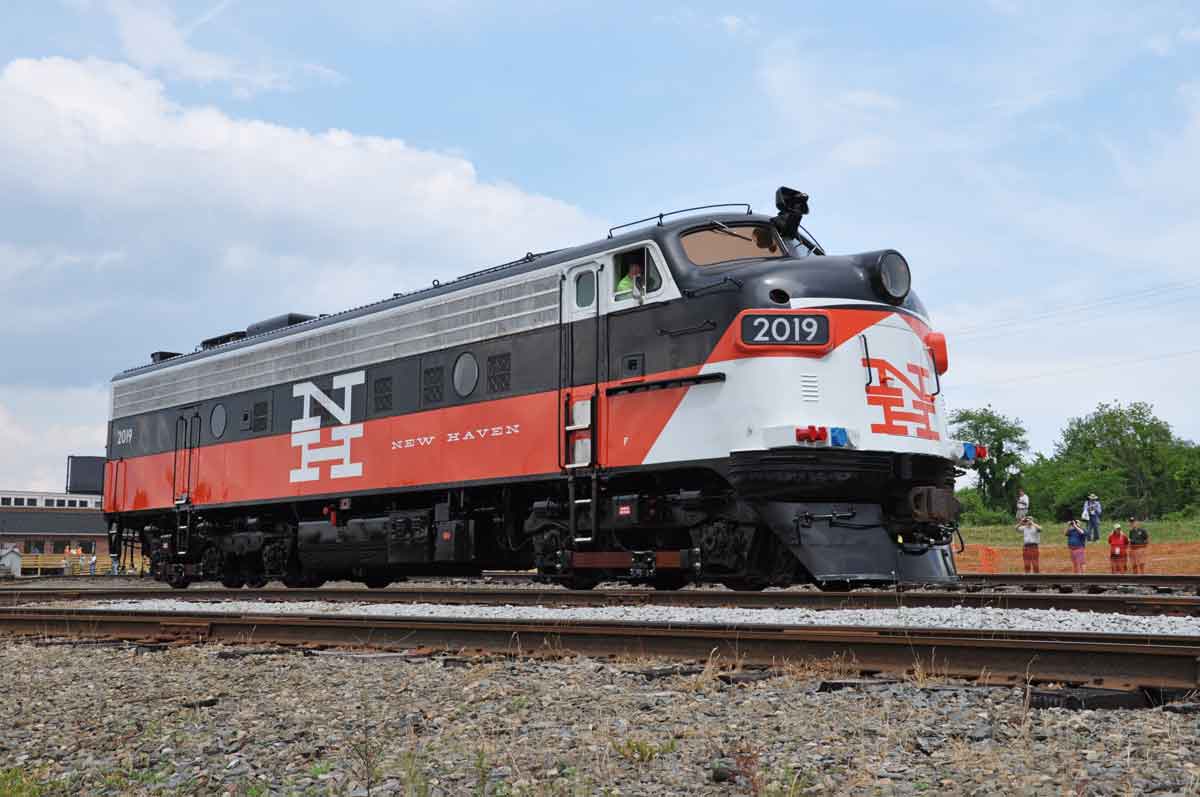 BOSTON — The Massachusetts Bay Transportation Authority has delayed a vote on a much-criticized for budget cuts that would include significant service reductions and layoffs, deferring a presentation on the proposal for a week. The Associated Press reports MBTA General Manager Steve Poftak recommended the delay to the Fiscal and Management Control Board, citing developments of COVID-19 vaccines and the possibility of additional federal aid; WBTS-TV reports Poftak said some decisions might be deferred until February.
BOSTON — The Massachusetts Bay Transportation Authority has delayed a vote on a much-criticized for budget cuts that would include significant service reductions and layoffs, deferring a presentation on the proposal for a week. The Associated Press reports MBTA General Manager Steve Poftak recommended the delay to the Fiscal and Management Control Board, citing developments of COVID-19 vaccines and the possibility of additional federal aid; WBTS-TV reports Poftak said some decisions might be deferred until February.
The proposal would end commuter rail service after 9 p.m. and on weekends, eliminate ferry service, and decrease subway and bus frequencies. It would also would eliminate more than 800 jobs, Boston.com reports, citing a study released Sunday by worker-rider alliance Public Transit Public Good. That would include 460 MBTA employees and 270 from the contract operators for commuter rail and ferry service.
The agency has held 10 public meetings and one public hearing on the proposed cutbacks, and received more than 7,000 public comments. Describing the tone of the public comments, Poftak said, “There was a theme where folks were willing to accept a lower frequency of service as long as we retained access in response to lower ridership currently, but they did want the T to have as much ability as possible to respond to changes in future demand.”
Prior to Monday’s meeting, Boston Mayor Marty Walsh criticized the proposal, saying, “these cuts are just simply wrong” because of their disproportionate impact on low-income workers, veterans and those with disabilities, urging the MBTA to “be creative.”
The agency has taken a huge hit to fare revenue during the pandemic — currently, bus ridership is 40% of pre-COVID levels, rapid transit is 24% of normal, and commuter rail is just 14% — and is also spending $1 million a week in virus protection measures, such as enhanced cleaning.
— Dan Zukowski contributed to this report.












